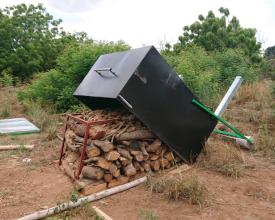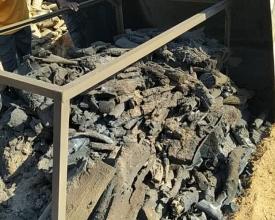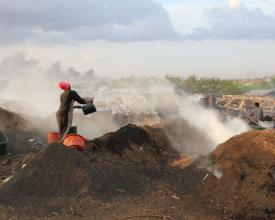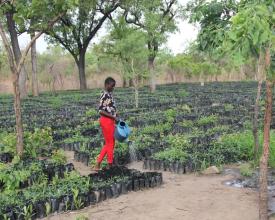
Forest Landscape Restoration through a Sustainable Wood Energy Value Chain
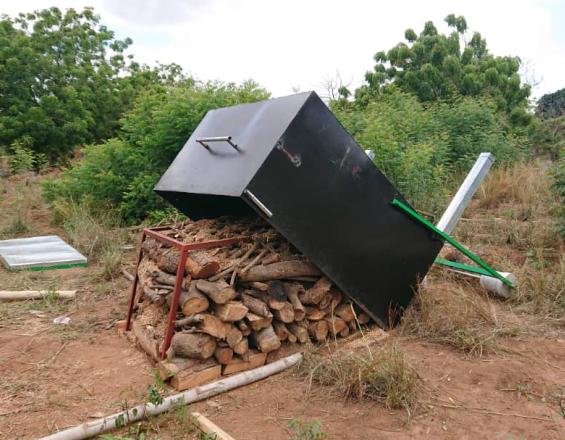
Ghana’s forest areas are declining by around 2% every year. A large part of the felled wood is used as firewood and for charcoal, which are the main drivers of forest degradation in North and Central Ghana. The consumption of these energy sources is constantly increasing, and charcoal is mainly produced by using inefficient traditional earth-mound kilns. In addition, wood is logged in a manner that is not well regulated and threatens valuable tree species including Shea Nut and Rosewood. The here presented solution supports its partner institutions in restoring forest landscapes, jointly with smallholder farmers and organized producer groups from charcoal-producing regions. The solution includes the sustainable and efficient production and use of wood energy through improved kilns and cook stoves, the improvement of the political and institutional framework for sustainable wood energy, the restoration of forest landscapes and the dissemination of the approach throughout the region.
Context
Challenges addressed
Location
Impacts
The afforestation of degraded areas reduces the pressure on wood resources in existing natural forests and agroforestry areas. Rehabilitating forest landscapes avoids greenhouse gas emissions from deforestation and forest degradation and restores natural carbon sinks, leading to an increased carbon sequestration contributing to climate change mitigation. Furthermore, the solution promotes the more energy-efficient use of energy wood, which in turn contributes to lower wood consumption and thus again to a reduction of greenhouse gas emissions. Through training, rural communities increase their knowledge and capacities in establishing tree nurseries and energy wood plantations, in the restoration and management of their natural resources and the sustainable and efficient production of charcoal. Protection of natural forests, including valuable tree species and capacity building in the use and marketing of Non-Timber-Forest-Products provide further, sustainable income sources. A better regulation on the production and trading of charcoal reduces unsustainable and illegal activities. By introducing green fire belts and agroforestry systems, damages on farms through bush fires, wind erosion, floods and droughts are reduced in the long term. The experience gained will be disseminated at regional level within West Africa.
